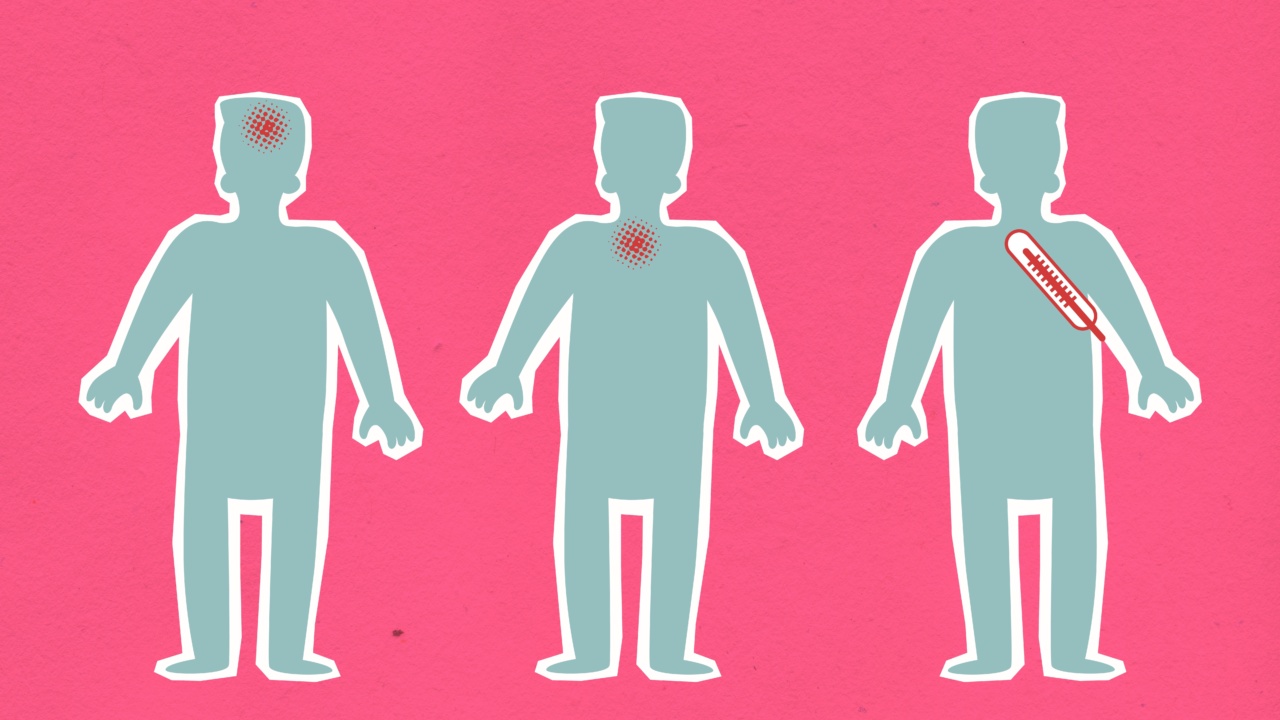With the ongoing COVID-19 pandemic, it’s essential to be able to differentiate between symptoms of the coronavirus and other health conditions. One common symptom in both coronavirus and cardiovascular disease is a sore throat.
In this article, we will discuss how to determine if you have a sore throat caused by the coronavirus or cardiovascular disease. Understanding the symptoms, causes, and diagnostic methods for each condition can help you seek appropriate medical attention and make informed decisions about your health.
Symptoms of a Sore Throat
A sore throat is a discomfort or pain in the throat that can be caused by various factors. It can occur due to viral or bacterial infections, allergies, environmental factors, or even excessive vocal cord strain.
The primary symptom of a sore throat is, of course, the pain or irritation in the throat. However, it is important to note that this symptom alone cannot definitively determine the cause of a sore throat.
Sore throats caused by the coronavirus and cardiovascular disease may present with similar symptoms, but there are specific differentiating factors to consider.
Coronavirus: Symptoms and Causes
The coronavirus, also known as COVID-19, is a respiratory illness caused by the novel coronavirus SARS-CoV-2. In addition to a sore throat, COVID-19 may cause symptoms such as:.
- Fever
- Cough
- Shortness of breath or difficulty breathing
- Fatigue
- Body aches
- Loss of taste or smell
- Nasal congestion
The virus primarily spreads through respiratory droplets when an infected person coughs, sneezes, or talks. It can also spread by touching contaminated surfaces and then touching the face.
It is important to note that not everyone infected with the coronavirus will experience all of these symptoms, and some individuals may remain asymptomatic.
Cardiovascular Disease: Symptoms and Causes
Cardiovascular diseases refer to a group of conditions that affect the heart and blood vessels, including coronary artery disease, heart failure, and arrhythmias.
While a sore throat is not a typical symptom of cardiovascular disease, in rare cases, it can occur due to specific conditions such as:.
- Inflammation of the blood vessels (vasculitis)
- Acute rheumatic fever
- Heart infections (endocarditis)
- Severe hypertension
Other common symptoms of cardiovascular disease include:.
- Chest pain or discomfort
- Shortness of breath
- Fatigue
- Dizziness
- Heart palpitations
- Swelling in the legs, ankles, or feet
If you have a sore throat and any of these cardiovascular symptoms, it is essential to consult a healthcare professional promptly.
How to Determine the Cause of a Sore Throat
Given the overlapping symptoms, it can be challenging to identify the cause of a sore throat without proper medical evaluation. Here are some diagnostic methods used to determine the cause:.
Coronavirus Diagnosis
To determine if your sore throat is due to the coronavirus, you will likely need to undergo a COVID-19 test. The most common diagnostic test is a polymerase chain reaction (PCR) test, which detects viral genetic material in respiratory samples.
The test involves collecting a swab from your throat or nose. Rapid antigen tests may also be used; however, PCR tests are generally considered more accurate.
Cardiovascular Disease Diagnosis
If your sore throat is suspected to be related to cardiovascular disease, your healthcare provider will consider your medical history, physical examination, and additional tests. These tests may include:.
- Electrocardiogram (ECG or EKG): This test records electrical signals to evaluate heart rhythm and identify abnormalities.
- Chest X-ray: It helps evaluate the heart and lungs for any signs of disease or inflammation.
- Echocardiogram: This imaging test uses sound waves to create detailed images of the heart’s structure and function.
- Blood tests: They can measure cholesterol levels, inflammatory markers, and other factors related to cardiovascular health.
Based on the test results and evaluation, your healthcare provider will be able to determine the cause of your sore throat and recommend appropriate treatment or further investigations if necessary.
Seeking Medical Attention
If you have a sore throat accompanied by other COVID-19 symptoms or cardiovascular symptoms, it is crucial to seek medical attention promptly.
Contact your healthcare provider or local health authorities for guidance on testing, self-isolation, and any necessary precautions.
Conclusion
Differentiating between a sore throat caused by the coronavirus and a sore throat related to cardiovascular disease can be challenging due to overlapping symptoms.
However, understanding the distinctive factors and seeking medical evaluation is crucial for accurate diagnosis and appropriate management. If you experience a sore throat along with other concerning symptoms, reach out to a healthcare professional to determine the underlying cause and receive appropriate guidance.

























